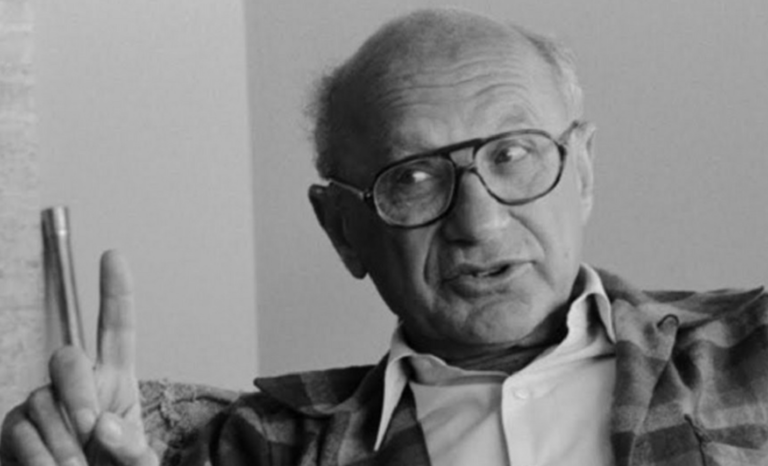In Capitalism and FreedomMilton Friedman warned that too much government intervention in the economy would reduce our freedom. Friedrich Hayek made a similar argument in The Road to Serfdom.
I have always found this argument plausible, but I have sometimes wondered whether it is really convincing. Throughout my lifetime, European governments have accounted for a fairly large share of GDP, and yet Europe still seems relatively free, at least compared to some of the more authoritarian parts of the world. Recent events, however, have made me more receptive to the Friedman/Hayek position, particularly the regulation of social media platforms. Here is David Rose:
If the government directly punished free speech, it would provoke an immediate reaction among voters. Instead, the government works behind the scenes like a mob boss, essentially saying, “You have a great social media platform here. It would be a shame if something happened to it.”
All the government has to do to degrade our right to free speech is to make it more costly than usual. The more we have allowed the government to interfere in our lives, the more likely we are to speak out against it through actions or inactions that we will likely have no way of proving were motivated by an effort to influence or suppress our speech.
The root of the problem lies not in the ability of a court to deal judiciously with a given crime, but in the ability of the government to impose costs without accountability.
China is often cited as an exception to the assumption that capitalism promotes freedom. But is it really? Over the past 40 years:
1. China has regressed in terms of freedom of speech (and freedom of speech was far from complete in 1984).
2. Chinese people are freer to have more than one child.
3. Chinese people are freer to live where they want. (The “hukou” restrictions remain, but are weakening every year.)
4. Chinese people have more freedom to date whoever they want. (Gay people are no longer likely to be arrested.)
5. There is much greater economic freedom to start businesses, travel and pursue different professions.
I am certainly not claiming that China is a good example of freedom-promoting capitalism. It is not. But notice that even in the worst case for Friedman’s hypothesis, one of the cited by almost all opponents of neoliberalismThe effect of capitalism on freedom is ambiguous: gains in some areas and losses in others.


